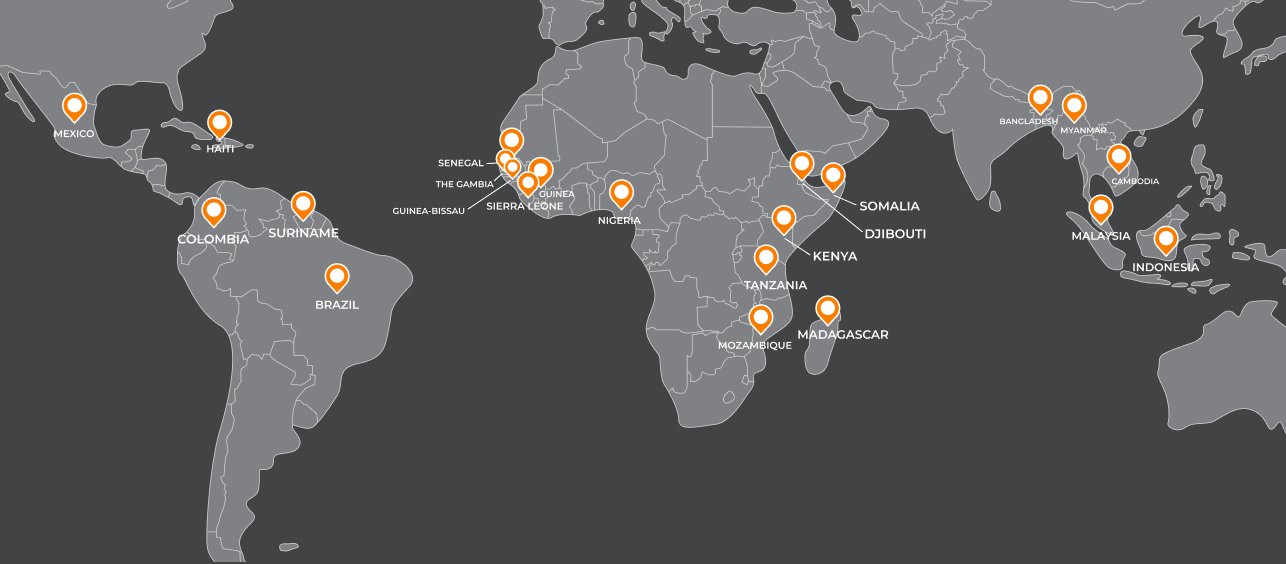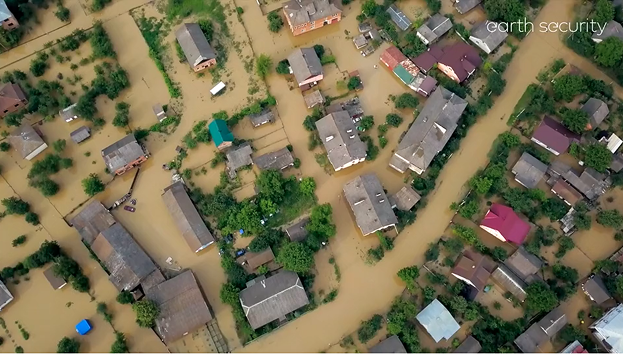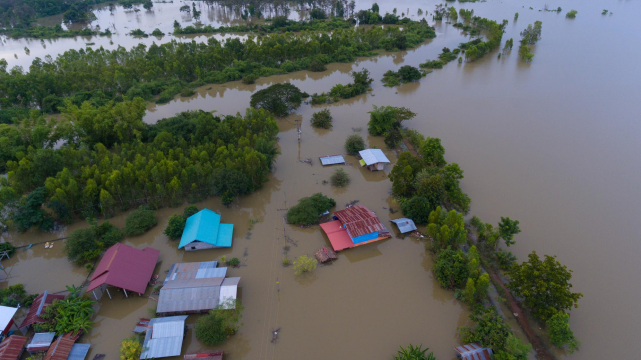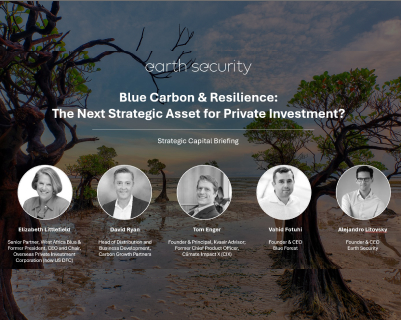London, 19th October 2017
An animated discussion of global banks, asset managers and industry leaders convened by Earth Security last week discussed key aspects that will drive the adoption of investors of the SDG framework as a compass for future investment. Earth Security presented a set of global metrics that provide the evidence for investors to move more firmly to adopt the SDGs as a focus for growth.
This discussion was in conjunction with the release of The Earth Security Report 2017, which provides a compelling body of evidence that shows that industry sectors must see the SDGs as a set of conditions for sustained growth. While companies and investors have tended to focus on ‘new business opportunities’ from the SDGs, the Earth Security Report 2017 shows, with data from diverse industries such as pharmaceuticals, automotive, electronics, energy, and agribusiness, that the SDGs matter to existing mainstream business models. Earth Security’s analysis suggests that the political backlash associated with key SDGs, such as decent work or water pollution, require investors to scrutinise the alignment and resilience of their investments to critical SDG sustainability pressures.

By mapping the data for 39 dimensions of country risk that are material to industry, Earth Security has provided a definite framework that translates the SDGs into a series of business issues that reveal critical threats to business-as-usual. The world aggregate scores (pictured) show at least 19 SDG issues – from air pollution, water pollution and unemployment – as becoming pervasive issues for business across both advanced and emerging economies.
From an investor perspective, the discussion focused on whether it is enough to think about the SDGs only in terms of new business opportunities, and on the unique role of asset owners to focus on medium- and long-term impacts associated with these sustainability trends.
According to Alejandro Litovsky, CEO and Founder of Earth Security and discussion leader, “Investors must scrutinise sectors in a more structured way. The SDGs are representing very critical societal issues that must be integrated into existing business growth models, not just new opportunities, in order to ensure that companies are resilient to oncoming political challenges linked to resource security and unsustainable trends.”
The discussion acknowledged that many asset owners are asking asset managers to consider the SDGs, but that new financial incentives could make this transition faster. For example, one of the recommendations was to innovate in the way in which bond market operates, by creating general corporate bonds issued based on purpose and alignment to SDGs to complement other more specific green bonds, and use bonds for a more systemic transformation of companies towards societal issues.
A key question posed in the lively debate was how to move companies beyond adopting ‘pet SDGs’ simply to showcase actions they are already doing. Responses included that mapping SDGs is simply the first stage and business cannot just re-couch their current work around the SDGs and expect their work to be done, they must now go further to grow core business in line with societal priorities. The discussion suggested that investors are increasingly distinguishing between these two approaches.
Lastly, what of the role of Government? Earth Security contends that the SDGs are a new political framework for business because they are, above all, guiding government policies that affect business development.
Ambassador Pio Wennubst, Assistant Director-General, Swiss Agency for Development and Cooperation weighed in on this discussion highlighting that “Government and business must work together, this is why I like Earth Security's metrics and the practical proposals for ‘business diplomacy’. To change the system and ensure policy coherence this cannot happen in a vacuum.”

Explore the reports
The Earth Security Index Reports provided in-depth analysis of critical themes across selected industries and market geographies, enabling investors to anticipate and respond to emerging global dynamics. Download and explore the full Earth Security Index reports:












































